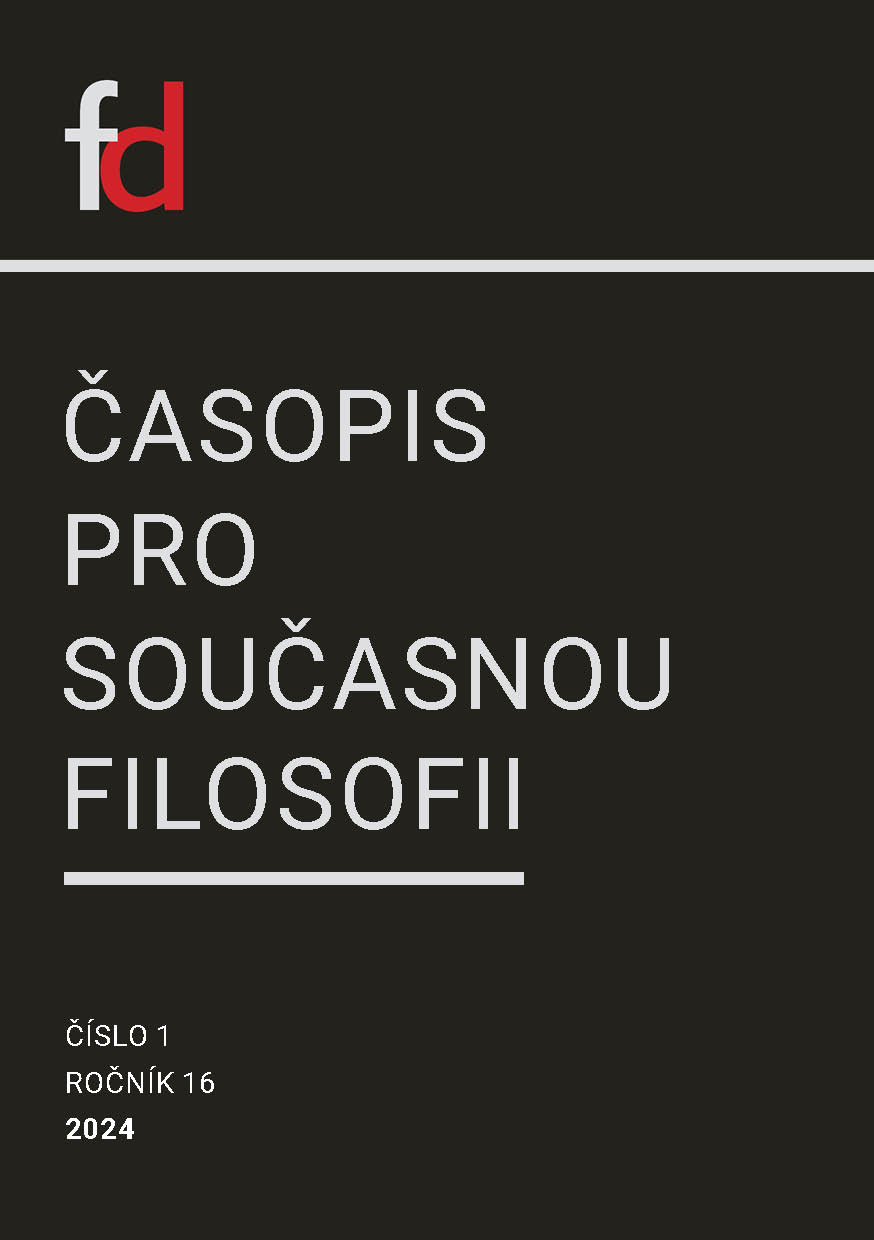Teaching philosophizing via a cognitive science-based model
DOI:
https://doi.org/10.26806/fd.v16i1.471Abstract
At the centre of current thinking about philosophy teaching is the concept of philosophizing/philosophical thinking. Its definition is in accord with the so-called competency-based approach to education, which is also emphasised in the Framework Educational Programmes. Despite the lack of absolute agreement on specific subject competences, the discussion shows that the ability to present and evaluate arguments is central to the development of pupilsʼ philosophical thinking. Although many approaches address the development of these competences, their effectiveness in practice is very much dependent on the didactic and professional erudition of the teacher. At the same time, in the context of thinking about philosophising in the Czech Republic, there is a complete lack of thematisation of what our minds do when we philosophize. The aim of this text is to present a model of philosophizing (TRAP Mind Theory of Frank Brosow) that can be a significant support in the development of philosophical competences of students and novice teachers. Because it identifies the contemplative processes of philosophizing based on empirical research, it allows teachers and learners themselves to purposefully project this metacognitive aspect into their work on specific problems. Interviews with prospective teachers who use philosophising in practice and observation of the application of the model itself suggest that this model has great potential for the development of philosophising.
Downloads
Published
Issue
Section
License
Authors who publish in this journal agree that:
1. Authors retain copyright and guarantee the journal the right of first publishing. All published articles are licensed under the Creative Commons Attribution license, which allows others to share this work under condition that its author and first publishing in this journal was acknowledged.
2. Authors may enter into other agreements for non-exclusive dissemination of work in the version in which it was published in the journal (for example, publishing it in a book), but they have to acknowledge its first publication in this journal.
3. Authors are allowed and encouraged to make their work available online (for example, on their websites) as such a practice may lead to productive exchanges of views as well as earlier and higher citations of published work (See The effect of open access).


